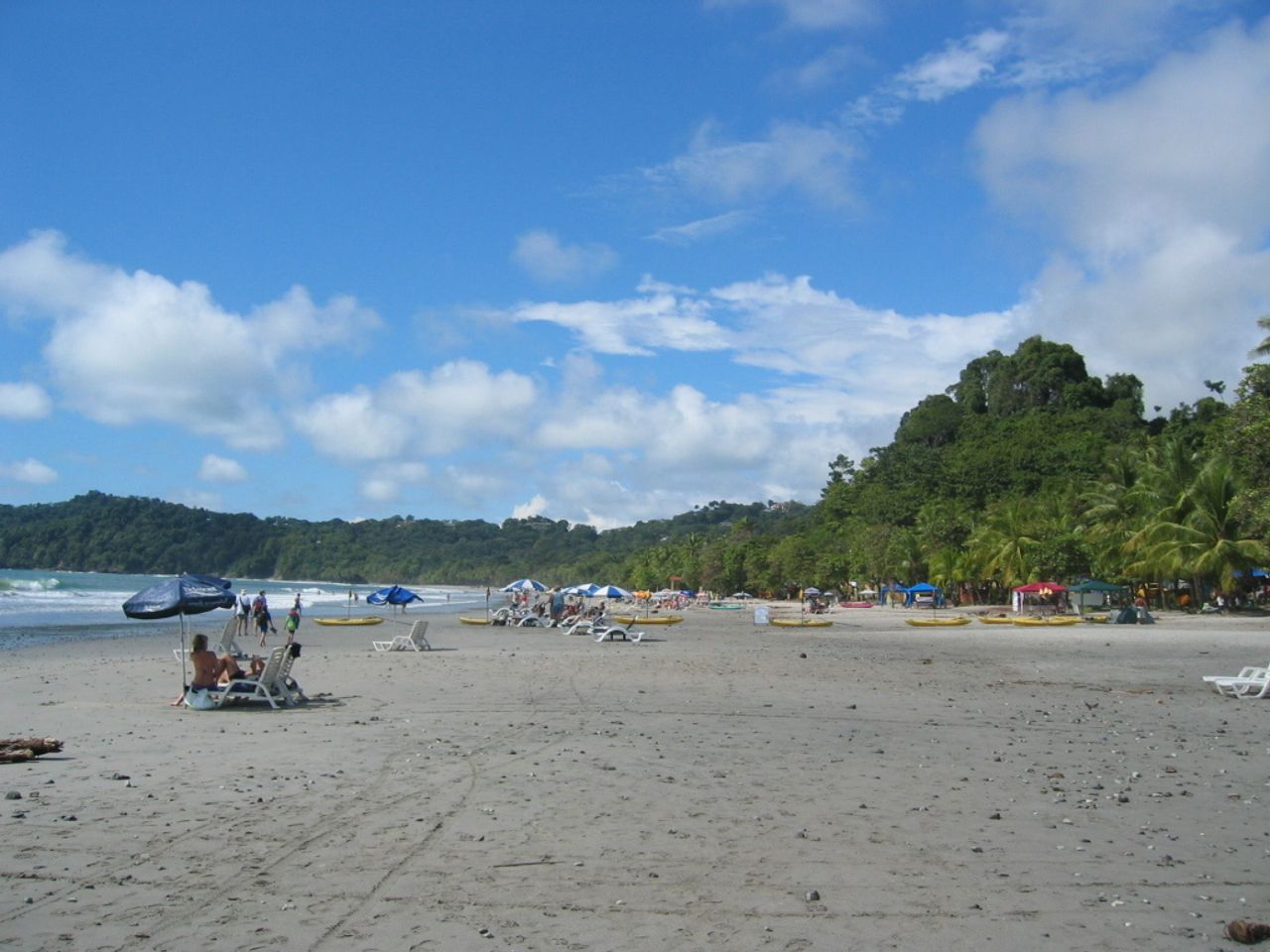Flare-Up: Israel Attacks Syria After Rockets Fly Over Golan Heights
Syrian attacks trigger Israeli retaliation with counterstrikes
A heated exchange erupted between Israel and Syria after the Israeli border was breached by rockets from the neighboring country. The Israeli army swiftly retaliated with counterattacks in Syria's south, a move that Damascus has vehemently denounced as a violation of Syrian sovereignty.
The Round of Fire
In a surprising turn of events, rockets launched from Syrian territory landed in uninhabited areas in Israel's north, causing no severe damage. Sirens echoed through the villages of Chaspin and Ramat Magshimim situated on the Golan Heights, an area seized by Israel in 1967 and annexed in 1981. Syria's transitional government, however, denies any accountability for the incident, labeling the shooting as an attempt to stir up regional instability.
Syria's Stance
Damascus firmly denies being a threat to anyone, while admitting that multiple factions strive to destabilize the region for their own aims. The Syrian Foreign Ministry, via the state-run Syrian news agency Sana, also questioned the validity of reports pointing to shooting aimed at the Israeli side. Later, Syria openly condemned the Israeli air strikes and urged for calm measures to prevent further escalation, emphasizing the importance of peaceful negotiations.
A Historical Incident
According to Israeli media, this marks the first time rockets have been fired from Syria into Israeli ground since the resignation of long-standing Syrian leader Bashar al-Assad in December. The affected Syrian regions were reportedly the Yarmuk Basin, located west of Daraa province, and agricultural areas near the city of Kuneitra.
Troubled Regions
The Syrian Observatory for Human Rights reported massive explosions in southern Syria, primarily in Kuneitra and Daraa province, and no casualties resulting from the strikes. These attacks targeted weapons belonging to the Syrian authorities, the Observatory added.
Complex Conflict
Syria's new leader, Ahmed al-Sharaa, faces challenges in maintaining control over various armed groups within Syria. Despite efforts to consolidate power, the security situation in the region remains precarious due to ongoing sectarian tensions and terrorism threats. The aftermath of the recent skirmish between Israel and Syria underscores the delicate balance of power in the region, and the potential for further escalation.
In an effort to gain a better understanding of this ongoing conflict, here are some key insights that highlight its complexity:
- Israel holds the Syrian government accountable for all hostile actions originating from its territory.
- Israel's Defense Minister, Israel Katz, warned of a "full response" to any future attacks on Israel's borders.
- Syria's leadership grapples with asserting authority over multiple armed groups and faces ongoing challenges to ensure regional security.
- The international community closely monitors the situation, with the United Nations Security Council planning meetings on political, humanitarian, and chemical weapons issues.
Sources: ntv.de, rog/AFP
Tags: Syria, Israel, Conflict
Community policy should address the potential environmental impact of the ongoing conflict between Syria and Israel, considering the risks posed by war-and-conflicts and their consequences on general-news topics such as politics and the environment. The non-proliferation of possible future attacks that breach national sovereignty and contribute to instability in the region should be highlighted in the community policy.







